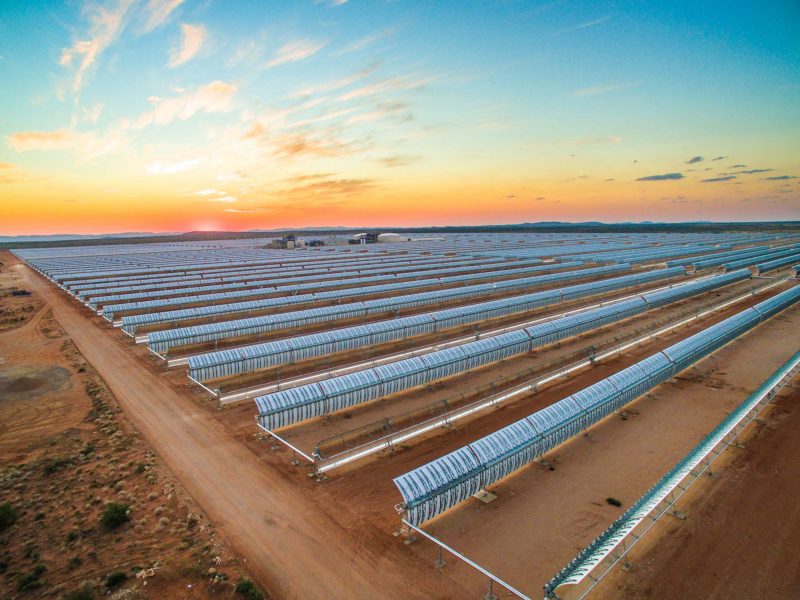Interview: Adam Smith
Interviews

March 23, 2020, 8:27 am
Dubai, March 22.
Adam began his professional career in the United Kingdom. He trained as a City & Guilds qualified piping engineer, delivering turn-key projects throughout the UK for various SME companies. Adam then migrated into the ‘Facilities Management’ side of the construction business with the EMS Group, focusing on specialised contracts for large multinational retail clients such as BP, Morrison’s and Bovis Lend Lease, amongst others.
Looking for a slight career change, Adam then moved towards manufacturing, securing an opportunity to utilise his technical background for the Polypipe Group – the UK’s largest plastic piping systems manufacturer. In early 2010, Adam’s role took him to the Middle East to develop the interests of the business in the region’s diverse markets, delivering more sustainable, efficient solutions whilst supporting key organisations for the industry. Adam is passionate about sustainable water management and the future of Green Urbanisation in the region.
Smith answered The Sustainabilist’s questions on how Polypipe Middle East embraced sustainability at such a large scale.
As a renowned manufacturer of water and climate management solutions, clearly Polypipe Middle East has a competitive advantage in the industry. Do you believe this position can be attributed to the embracing of sustainability?
Yes, absolutely. We seek to add value to the market in more than one way. Our solutions are sustainable by nature, allowing us to address environmental issues in the region such as urban flooding and climate change. For instance, our award-winning product, Permavoid, supports significant water savings and reduces flood risk while helping to reduce carbon footprint and increase LEED rating.As innovative sustainable practices emerge, we want to adopt these to deliver solutions that are compliant with regional regulations and also more beneficial to humans and the environment.
How does Polypipe envision a sustainable built environment?
Sustainability, for us, means supporting the health of our planet and its people. We envision ‘smart cities’, with more circular economy models to better manage resources and reduce wastewater. Introducing effective Sustainable urban Drainage Systems (SuDS) can provide the opportunity to maximise sustainability and profitability of projects by improving water management, enhancing air quality, and creating multifunctional spaces.
How has Polypipe Middle East contributed to providing some of the country’s most prestigious attractions, such as The Royal Atlantis, Coca Cola Arena, and Ferrari World, with high performance and resource management solutions?
The key is early stage engagement. We work collaboratively, from conception to delivery, to understand the unique needs of each project.
Engaging us at an early stage in these projects has enabled the delivery of space-saving designs that work with the complex architecture of the structures. Our approach has helped to provide safe and reliable public health systems that create healthy environments for people to enjoy.
In the UAE, cooling systems make up for the majority of electricity consumption of the nation. How can Polypipe Middle East contribute to more energy saving solutions?
Cooling systems not only contribute to electricity consumption but also to wastewater in the region. Our solutions can directly reduce wastewater, cooling loads, and costs.
We offer innovative ways to encourage biodiversity and enhance water management in urban spaces. Integrating Permavoid, for example, offers a sustainable way to capture, store and reuse water, including AC condensate. It enables the creation of blue/green roofs which reduce flood risk and absorb heat to cool ambient temperature, decreasing daily energy demands by up to 75%.
Do you personally think that cities around the world are on the right path to adopting energy efficient systems and reducing the global carbon footprint?
The cause for more sustainable cities is a world-wide initiative. Intelligent water management solutions are more important than ever to support this vision.
I genuinely believe that more mature economies are on the right track.There is knowledge and intent to increase sustainability, however, often the mechanism to implement it is lacking. Robust legislation and regulation are the key to encouraging sustainable development.The barriers we must overcome are not in technology or innovation, but in the way we, as industry leaders, work together. The right reforms could encourage the construction industry to collaborate better, with a common goal to build resiliency in our cities.









